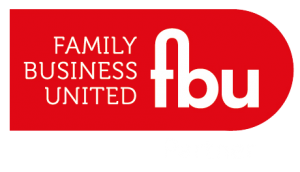Family businesses with defined benefit pension schemes should be aware that the Pensions Regulator has issued their 2019 Annual Funding Statement. The statement sets out what the Regulator expects from trustees and employers of schemes with valuation dates between September 2018 and September 2019.
Regardless of whether your family business pension scheme’s valuation is due in that time, the statement shows a clear direction of travel on a number of key issues that we expect be relevant to family businesses when the next valuation is carried out.
In particular:
• The Regulator has an expectation that all schemes will set a Long Term Funding Target (LTFT) that will see the scheme fully funded on a basis that significantly reduces the reliance on the employer. In other words a basis where the investment risk is minimal. The LTFT will aim for a higher level of funding than on the ‘Technical Provisions’ basis that employers are currently funding their scheme on through the schedule of contributions. This may require higher contributions and/or contributions being paid for longer in order to reach full funding on the LTFT.
• There is a further expectation that schemes can evidence that their shorter term investment and funding strategies are aligned to the LTFT. This means having in place a plan to gradually reduce investment risk over time as the scheme’s funding level improves and gets closer to the LTFT, and evidencing that these strategies reflect the strength of the employer covenant.
• The statement makes reference to a ‘policy intent’ from the Government to introduce a requirement for all schemes to have a ‘specific long-term destination,’ for example a LTFT. We do not yet have details of when and how such a requirement will come into effect, but the Regulator is encouraging schemes and employers to ‘incorporate this approach into their thinking’ where they are not already doing so.
• The Regulator has also defined ten categories of pension scheme based on matters such as covenant strength, funding position and scheme maturity (something the Regulator is also focussing more closely on), and set out what it believes are the key risks and actions to consider for schemes in each of those categories.
• Finally, the Regulator will apply closer scrutiny to ‘covenant leakage,’ in particular disproportionately high dividend payments being made to shareholders whilst a pension scheme remains in deficit. They do make clear however that they will continue to expect equitable treatment of stakeholders, meaning there is no issue with dividend payments being made, provided they are not excessive relative to the deficit contributions being paid to the scheme.
A full copy of the statement can be found here
A summary of the key messages coming from the statement can be found here
What does this mean for family businesses?
It is highly likely that future valuation discussions will need to be wider ranging than has perhaps been the case in the past. It will therefore be crucial for family businesses to take their own advice (separate to that provided to the trustees) to ensure the LTFT is consistent with their own succession or exit strategies, as well as ensuring that the valuation negotiations are robust and transparent.
For those with valuations in 2019, a starting point will be determining which of the Regulator’s ten categories your scheme is likely to fall into, and from there assess the extent to which you are managing the risks in line with the expectations of the Regulator. Finally, you should review your dividend policy to assess whether it is likely to attract further investigation from the Regulator as part of the valuation process.
Margaret de Valois, Director at Western Pension Solutions commented “We must remember that pension scheme trustees, sponsors and the Pensions Regulator are separate entities with three very different objectives. Scheme funding will always be a compromise and it is imperative that trustees of family businesses seek advice and are able to have an open, well informed dialogue. Whilst needing to provide strong oversight, it is also vital that the Regulator allows this dialogue to happen freely and without intervention unless absolutely necessary. Understanding what the Regulator requires of them is therefore crucial to family businesses and the pension schemes they support, and taking advice is a key part of this.”
“Here at Western Pension Solutions we can provide your family business with the required support and advice in all of these areas, to ensure the risks in your scheme are managed and documented properly, and avoid intervention from the Regulator,” concludes Margaret.




